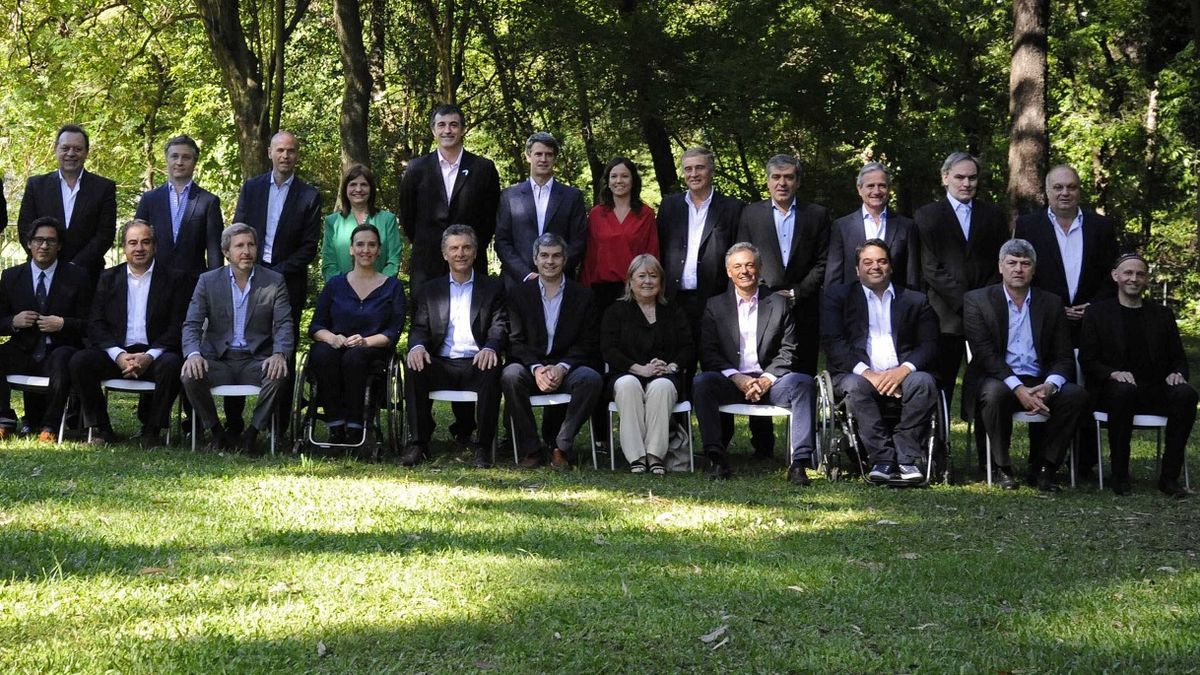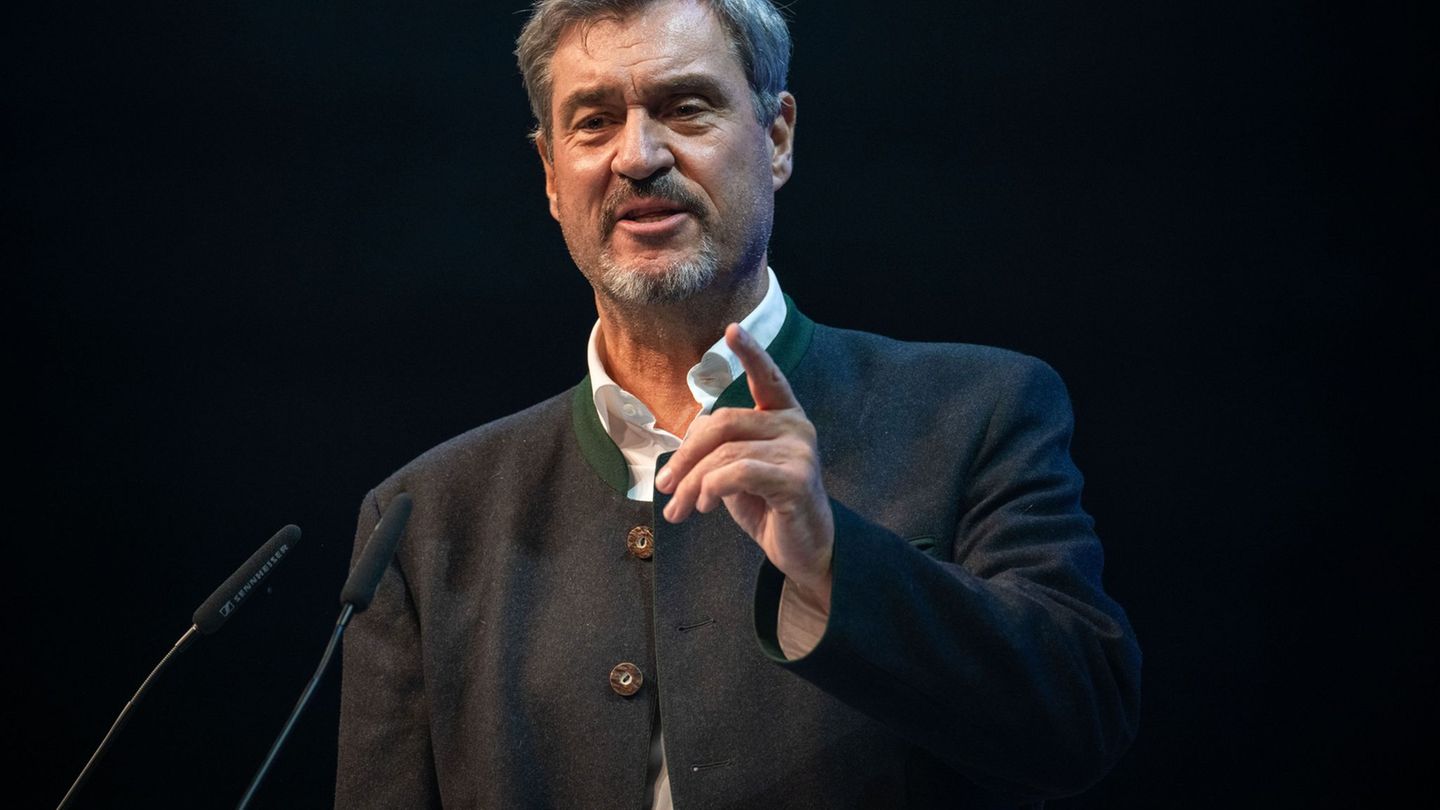Trying to slow down high and chronic inflation by maintaining the level of activity with monetarist fundamentalism is like trying to stop the advance of an opposing team, without defense and with the goalkeeper outside the area.
The drawback of the best team of the last 50 years was that in the short term inflation was already determined by the inflationary inertia that they knew how to duplicate.
Past inflation conditioned the present, because contracts in pesos, given the loss of real value, were indexed taking past inflation into account, with the disadvantage that, with high inflation, terms are shortened and the compound inflation rate is enhanced.
It is not the same to negotiate the nominal rate at 365 days than at 90 days, since 4 capitalizations trigger the nominal rate due to the effect of capitalization and increase the nominality of the effective rate.
He salary adjustment against inflation had been 55% in the last year, clearly, the salary adjustments due to the distributive bid tried to chase inflation.
The correction of relative prices with the schedule of rate increases concentrated in the first semester and the regulated prices continued to push inflation upwards. The inflationary impulse of the pass at prices of the 2018 maxidevaluation, with businessmen remarking, did not help either. Without rate and exchange rate anchoring, it was very difficult to think of a slowdown in the inflation rate.
The ultra-orthodox schemes never lowered inflation in Argentina, neither have the sloppy and unconvincing heterodox measures, designed by unskillful people, without serious programs. A complete scheme was demanded that recognized the elimination of unfavorable expectations in order to break the inflationary routine.
The BCRA had to monitor the replacement of the Letes, both in pesos and in dollars, so as not to assume the risk that new financing needs would arise in pesos, in order to cover the Treasury financing gap in the last part of the year. But it was late, at every step he would stumble until he reached the default of Hernán Lacunza, in August 2019.
In addition to all the open fronts, they had to avoid transgressing the goals agreed with the IMF, or disbursements in June and September would be stopped for US$5.4 billion each (total: US$10.8 billion). If the disbursements stopped, the default would come in a sudden way.
When we ran simulations of scenarios, it was clear that Macri’s term would end without improving any key macroeconomic index, and ruining the ones he had promised to improve. The base scenario for June projected a fiscal lag of 7% of GDP, although it had reached 11.8% in the first quarter of 2018, a nominal exchange rate 6 times the last of Cristina Kirchner, with rate increases of up to 30 times. faces.
The fiscal deficit after interest was unapproachable, it generated greater financing needs with a public debt increased by US$ 106,000 million, without access to financial markets, we were aware that it would be necessary to continue with more fiscal adjustment to make the debt sustainable.
Macri would leave the country, without an appropriate monetary regime for a bi-monetary economy, with low net reserves, in the midst of the lack of credibility in the peso, portfolio dollarization, with inflation of 54.7%, more than double what he inherited.
Argentina was going to require social agreements to stop inflation, because the monetarist austericide had only aggravated the existing problems, without having resolved any of the previously existing ones. Without reactivation of the level of activity, 2019 was on track to be a year of 11% drop in per capita income compared to that taken in 2015, when Cristina Kirchner’s term ended.
Among the financial challenges that the next president would have to face were the payments of the public debt with the private sector and the renegotiation of the agreement with the IMF. In the macroeconomic sphere, price stability, the recovery of the current account balance of payments, the level of employment and even competitiveness. All this, when nobody yet imagined the Covid-19, the war in Europe, and the 2023 drought. Going through a streak of very bad luck is not enough to describe what happened to Alberto Fernández, in addition to the insufferable transmission of the macrista heritage.
Director of the Hope Foundation. https://fundacionesperanza.com.ar/ Graduate Professor UBA and Masters in private universities. Master in International Economic Policy, Doctor in Political Science, author of 6 books
Source: Ambito
David William is a talented author who has made a name for himself in the world of writing. He is a professional author who writes on a wide range of topics, from general interest to opinion news. David is currently working as a writer at 24 hours worlds where he brings his unique perspective and in-depth research to his articles, making them both informative and engaging.




